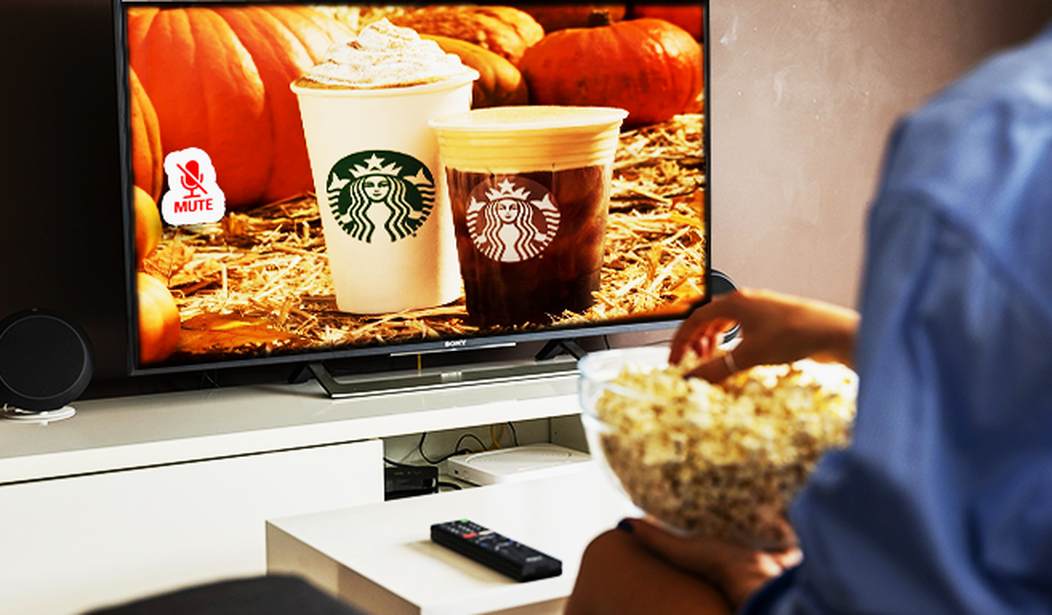Starbucks has a message for its 8,000 unionized employees, not-so-tacitly delivered: "Sucks to be U!"
The Seattle-based brewer of burnt coffee and coffee-based sugar-delivery systems reported a stellar quarter last week that sent SBUX shares soaring from $91.01 on Wednesday to Monday's closing price of just over $104. Net sales were up over this time last year by 11.4% and revenues beat Wall Street expectations, $9.37 billion to $9.29 billion.
Not only were more customers showing up at the chain's existing stores, but they were also spending more per ticket. Wall Street loves news like that — and Starbucks retail workers are going to love it, too.
Correction: most Starbucks retail workers.
All that money coming in has Starbucks getting ambitious again about its growth plans. The company plans even more stores in key markets, according to The Street but it's the baristas who stand to benefit most. Starbucks had 2020 a goal to double barista pay by 2024, which has already increased by 50%.
Monday the company announced another 3% pay increase — and new benefits — for most retail workers, but long-term employees will enjoy a 5% bump. Starbucks North America exec veep Sara Trilling said the pay raises are "what makes us all partners. And an important way we do this is by investing in our partners’ journey, to bridge to a better future at Starbucks and beyond."
But not if you belong to a union.
Over the last couple of years, 8,000 employees at 340 U.S. locations voted to unionize, mostly with the Workers United organization. There are around 220,000 Starbucks workers nationwide, but the unionized few have yet to establish any kind of collective bargaining arrangement and even if they had... well:
Union members will get whatever increases were locked in last year, which vary. That means that many workers will get the 3% or 4% hike, and some the 5%, even if they are unionized. But the company will not offer new increases in pay, or vacation accrual benefits, to unionized workers — unless it is forced to concede those based on collective bargaining negotiations.
Starbucks has locked horns with the National Labor Relations Board (NLRB) over unionization and how it seems to favor non-union workers.
An NLRB judge declared the company has engaged in a "flagrant, corporate-wide attack on its employees’ right to choose union representation." But Starbucks has held since 2022 that they "do not have the same freedom" to offer increased pay and benefits "at locations that have a union or where union organizing is underway,” because federal law “prohibits us from promising new wages and benefits at stores involved in union organizing.”
Legally, I don't know who is in the right here. But logically, it seems that if workers choose to unionize and rely on collective bargaining to get better pay and benefits, then collective bargaining is the method they have for getting better pay and benefits.
Whoever is in the right or wrong, as someone who watched unions use hardball tactics to permanently hobble American steelmaking and the (formerly) Big Three automakers, I'm more than a little thrilled watching Starbucks CEO Howard Schultz play hardball right back.
We need burnt coffee a lot less than we need domestic American steel production but, in Joe Biden's America, I'll take whatever small wins I can get.










Join the conversation as a VIP Member